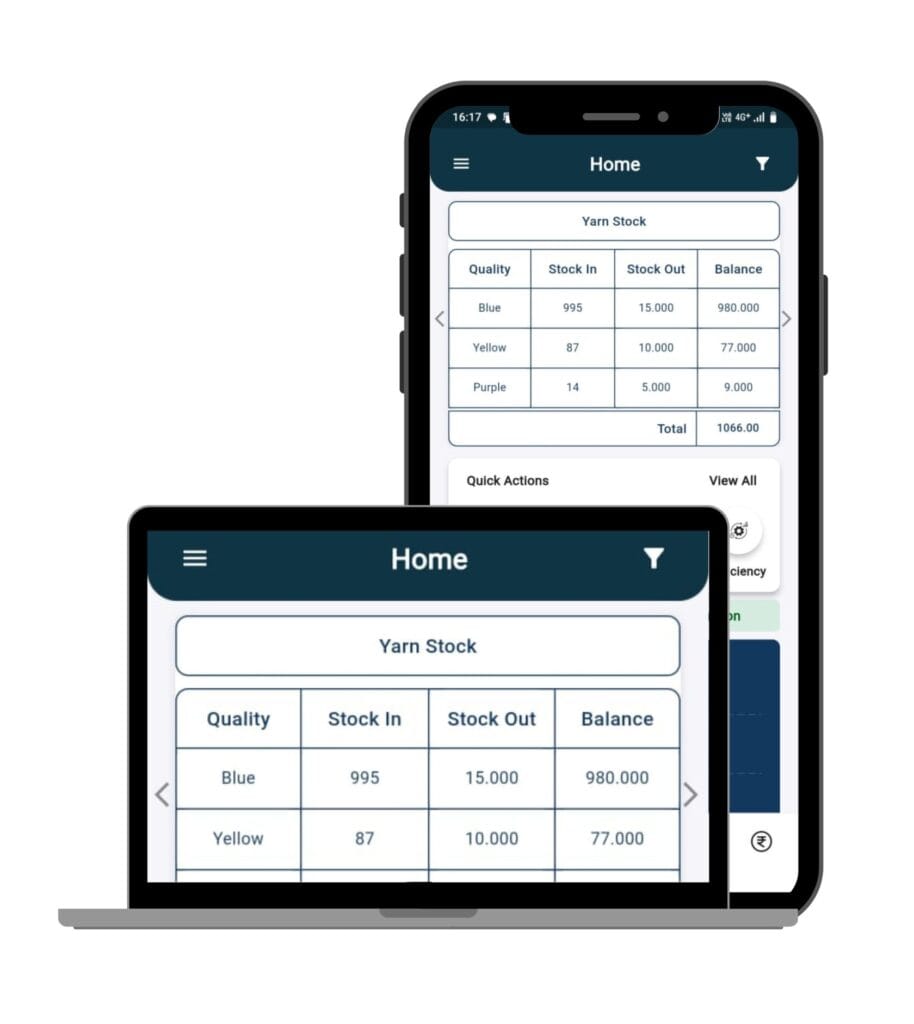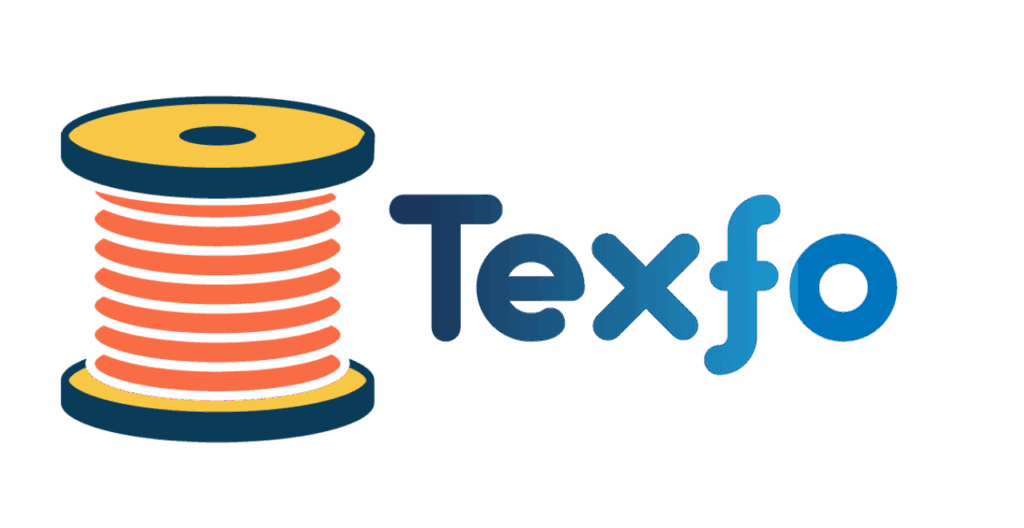Tech Innovations Driving Textile Waste Reduction

Tech innovations and platforms like Texfo optimize textile production, reduce waste, and promote sustainable, circular manufacturing practices.
Introduction
The textile industry is undergoing a technological revolution aimed at tackling one of its most pressing challenges: waste. With over 100 billion garments produced annually and a significant portion ending up in landfills, innovative solutions are essential for a sustainable future. This blog explores the latest tech innovations driving textile waste reduction and how platforms like Texfo are empowering manufacturers to make a measurable impact.
The Textile Waste Crisis
Traditional textile production follows a linear model—take, make, dispose—which leads to massive waste and environmental pollution. As consumer demand for sustainable fashion grows, the industry is shifting toward circularity, focusing on recycling, upcycling, and responsible resource management.
Key Tech Innovations Reducing Textile Waste
Fiber-to-Fiber Recycling
What it is: Advanced recycling technologies break down used textiles into their core fibers, enabling the creation of high-quality yarns and fabrics without significant loss of quality.
Impact: Keeps fibers in circulation longer, reduces reliance on virgin materials, and minimizes landfill waste.
Smart Sorting and Automated Systems
What it is: AI-driven machines and sensors accurately sort textiles by composition, color, and quality, streamlining recycling processes.
Impact: Increases recycling rates, reduces labor costs, and ensures higher quality recovered fibers.
Digital Clothing and Virtual Fashion
What it is: Creation of digital garments for online spaces, reducing the need for physical samples and overproduction.
Impact: Lowers waste from unsold inventory and supports more sustainable design cycles.
Closed-Loop Manufacturing
What it is: Designing products and systems so that every material can be reused or recycled, minimizing waste at every stage.
Impact: Supports a circular economy and keeps textiles in use longer.
Novel Dyeing and Finishing Techniques
What it is: Innovations such as waterless dyeing, laser finishing, and ozone-based bleaching dramatically reduce water, chemical, and energy use.
Impact: Cuts pollution and resource consumption, making production more sustainable.
Data Analytics and Supply Chain Visibility
What it is: Machine learning and predictive analytics forecast demand, optimize inventory, and identify waste hotspots in production.
Impact: Prevents overproduction, streamlines supply chains, and enables targeted waste reduction initiatives.
How TexFo Can Help
Texfo is positioned at the intersection of technology and textile sustainability, offering digital solutions tailored for modern textile businesses. Here’s how Texfo supports waste reduction:
Real-Time Inventory Management: Texfo’s platform allows manufacturers to track yarn, beam, and fabric stocks with precision, minimizing over-ordering and excess inventory that often leads to waste.
Production and Process Optimization: By digitizing production tracking and integrating data analytics, Texfo helps identify inefficiencies and waste points in the manufacturing process, enabling timely interventions.
Expense and Resource Tracking: Texfo’s tools for daily costing and cash flow management ensure that resources are allocated efficiently, reducing unnecessary material usage.
Digital Documentation: By replacing paperwork with digital records, Texfo streamlines operations, improves traceability, and supports compliance with sustainability standards.
Support for Circularity: Texfo’s systems can be integrated with recycling and sorting technologies, providing data transparency and supporting closed-loop manufacturing efforts.
By leveraging Texfo’s suite of digital tools, textile manufacturers can not only enhance operational efficiency but also align with the latest industry innovations for waste reduction.

Texfo offers real-time yarn and beam stock tracking, advanced production and labor management, instant formula calculations, and seamless expense and cash flow monitoring—all in one platform. Its mobile and web access, instant reporting, and daily costing tools streamline operations and boost efficiency, while features like multiple feeder support and rapier mechanism optimization set it apart for weaving units. Texfo’s intuitive interface, robust reporting, and industry-focused design make it the smart choice for maximizing productivity and minimizing waste in textile manufacturing.
